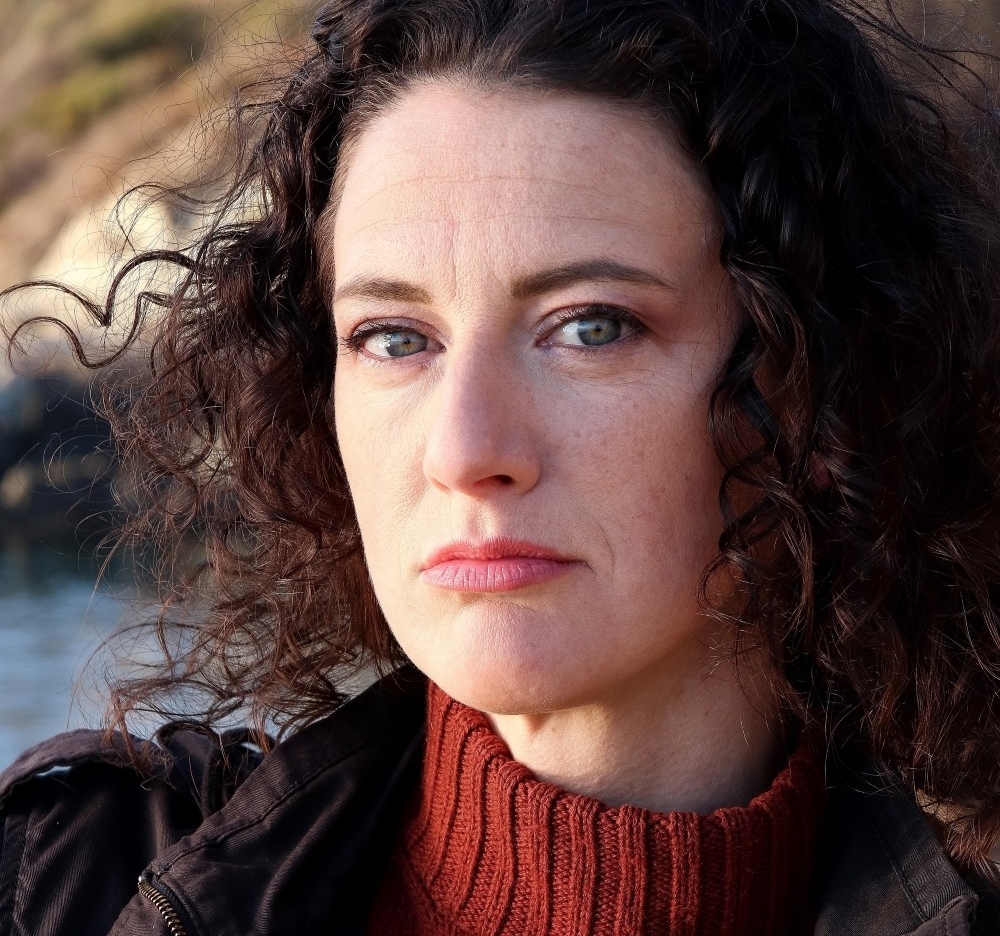Concordia journalism alumna returns as Projected Futures keynote

When people think about human activity that has impacted our oceans and sea life, plastic dumping or overfishing might come to mind. According to award-winning science writer Amorina Kingdon, we should also consider sound pollution — the subject of her first science nonfiction book.
Sing Like Fish: How Sound Rules Life Under Water explores how underwater animals use sound to survive — whether to feed, mate or navigate the undersea world. It looks at how noise from transport like cruise ships and oil tankers, can affect many species down below.
On Aug. 1, the Concordia alumna will discuss her writing and publishing experience for the keynote address at Projected Futures 7. The international, experiential graduate summer school in the Department of Journalism hosts a variety of multimedia journalism workshops, all while exposing students to the foundations of evidence-based science reporting.
Kingdon’s inspiration to write Sing Like Fish came from her work as an ocean science journalist.
“I was finding more and more stories of how underwater noise affected animals,” she says. “Yet, unlike other threats like pollution or warming, I had trouble visualizing what the impact of noise actually looked like.”
A few stories helped her understand its impact. One was about cleaner wrasse fish, who are known to eat parasites off larger fish, keeping them clean and healthy. Research has shown that when there is distracting motorboat noise, their interactions change — the cleaner wrasse are more likely to get away with nibbling on the larger fish's skin mucus or scales. Typically, this behaviour would cause the bigger fish to chase the cleaner wrasse away, but the motorboat noise confuses them.
“This showed me that an impact can be subtle and quixotic,” she says.
To get a full scope of this growing body of research, Kingdon went on several field trips, collected tons of historical information and spoke to numerous scientists. But to make things compelling to a wider audience for the book, she needed to find a way to weave all these facts together.
“I took a wide swing with the topic and so the book could easily have become just a list of unconnected facts,” she says. There was also the challenge of accurately portraying the stories of the scientists involved, including their discoveries and motivations.
“In many cases, I was entrusted to describe lifelong work, a responsibility I tried not to take lightly,” she adds.
With this in mind, Kingdon has some advice for aspiring science writers: always pitch a clear narrative.
“A story without a narrative is not a story, and a narrative is a character making a decision with stakes,” she explains. “Start with scenes and work outward — if you can't think of scenes, zero in on moments when a person made a decision or noticed something odd.”
Kingdon also emphasizes scientists and researchers, not just journalists, should learn about science writing and communication.
“Many funders now require scientists to help publicize or promote their work, and this is way easier if you understand some communication basics,” she says. “If you enjoy media, communicating your work in your own words is often far more compelling, and less nerve-wracking, than relying on others.”
Amorina Kingdon's keynote address takes place on Thursday, August 1, from 6 p.m. to 7 p.m. at the Concordia Conference Centre at the downtown campus. A reception will follow the talk. Admission is free and open to the public, but registration is required.